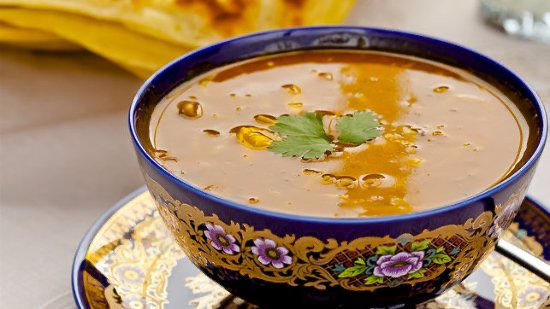
Despite the warnings of many nutritionists against the consumption of “Harira” (Moroccan soup), which is potentially harmful to the digestive system, particularly due to its heavy nature, many Moroccans continue to consider it the main item on the Ramadan table. Also, Moroccans never give it up. Its delicious smell is found in every home and it occupies a special place among all traditional dishes.
Moroccans consume Harira all year round, especially in winter, but it is the main dish during Ramadan, and it has been used for a long time when the ancestors used it as a hearty meal that allows them to endure long hours of fasting, especially when it is cold. Indeed, it is a dish that contains a large number of nutritious ingredients such as lentils, chickpeas, flour, tomatoes, rice, meat, etc.
Methods of preparing Harira differ from one region to another in Morocco, but the ingredients are almost the same, as well as the taste. However, there are a few details that help to distinguish the Harira from one region to another, such as using chicken instead of meat, or vermicelli instead of rice, or whether or not to use eggs. Its names also differ from one region to another. It is called “Harira”, “Tahrirt”, “Lahssouwa al hamra” or “Boufartouna”, according to the people of Rabat and Fez. This last name is derived from the Spanish expression “Buena Fortuna”, which means “good luck”. This is probably why Moroccans consider it as a meal of good luck, and why they offer it during weddings, after the departure of the brides, during celebrations, etc.
The Harira is offered during Ramadan according to a precise ritual that consists in making it accompany dates, eggs, lemon, “Chabbakiya”, “Suffouf” or “Mssamen” which are all Ramadan dishes.
There are different historical accounts about the origin of the “Harira”. There are those who claim that it is an Andalusian soup that arrived in North Africa before the fall of Andalusia, while others argue that it is of Amazigh origin. It has been mentioned in many oriental writings, as well as by Ibn Battuta and Ibn Zohr.




Be the first to comment